Maryland Man Found Guilty in Scheme that Bilked Benevolent Donors of Charitable Contributions
FOR IMMEDIATE RELEASE
Monday, May 15, 2023
Defendant Pretended to Collect for Charities But Only Paid Himself
WASHINGTON – James Trankle, 55, previously of Churchton, Maryland, was convicted today of conspiracy to commit mail and bank fraud, and five additional counts of bank fraud all stemming from a scheme in which he created fake charities, solicited donations, and then stole the identities of the donors he tricked into giving funds.
The verdict was announced by U.S. Attorney Matthew M. Graves and Inspector-in-Charge Damon Wood of the U.S. Postal Inspection Service – Washington Division. A sentencing hearing is scheduled for August 29, 2023.
The offenses of conspiracy to commit mail and bank fraud, and the five further counts of bank fraud, each carry a statutory maximum of 20 years in prison and financial penalties.
According to evidence presented in court, from 2013 to 2018, Trankle and his co-defendant, Stephen Sibert, were charged with creating fake charities and registering those entities with the D.C. Department of Consumer and Regulatory Affairs (“DCRA”) and then presenting them as legitimate charities. Examples included the “Disabled and Paralyzed Veterans Fund,” the “National Breast Cancer Awareness Fund,” and the “Children’s Leukemia of America Fund.”
Trankle used a post office box address in Washington, D.C., as the claimed official mailing address for the fraudulent charities. He opened numerous bank accounts in the names of the fraudulent charities. And he sent solicitations via U.S. mail to thousands of potential donors—i.e., victims—nationwide asking the recipients to send personal checks as donations. Through the scheme, Trankle obtained over 1,600 personal checks from victims making charitable donations, which he then deposited into bank accounts that the conspirators Trankle and Sibert controlled.
In addition, Trankle and his conspirator purchased check making supplies such as stock paper and printing equipment. Using the bank account and routing information from the victims’ checks, the conspirators printed additional unauthorized counterfeit checks payable to their fraudulent charities that were drawn against the victims’ personal checking accounts. The conspirators deposited those unauthorized counterfeit checks into the bank accounts they controlled. They later withdrew and spent the funds for various personal expenses.
The fraudulent charities did not perform any of the charitable work described in their solicitations, nor did the fraudulent charities provide any significant funds to other charities that did so.
This case was investigated by the U.S. Postal Inspection Service Washington Division. It was prosecuted by Assistant U.S. Attorneys John Borchert and Brian Kelly, and Paralegal Specialist Gina Torres Trujillo.

